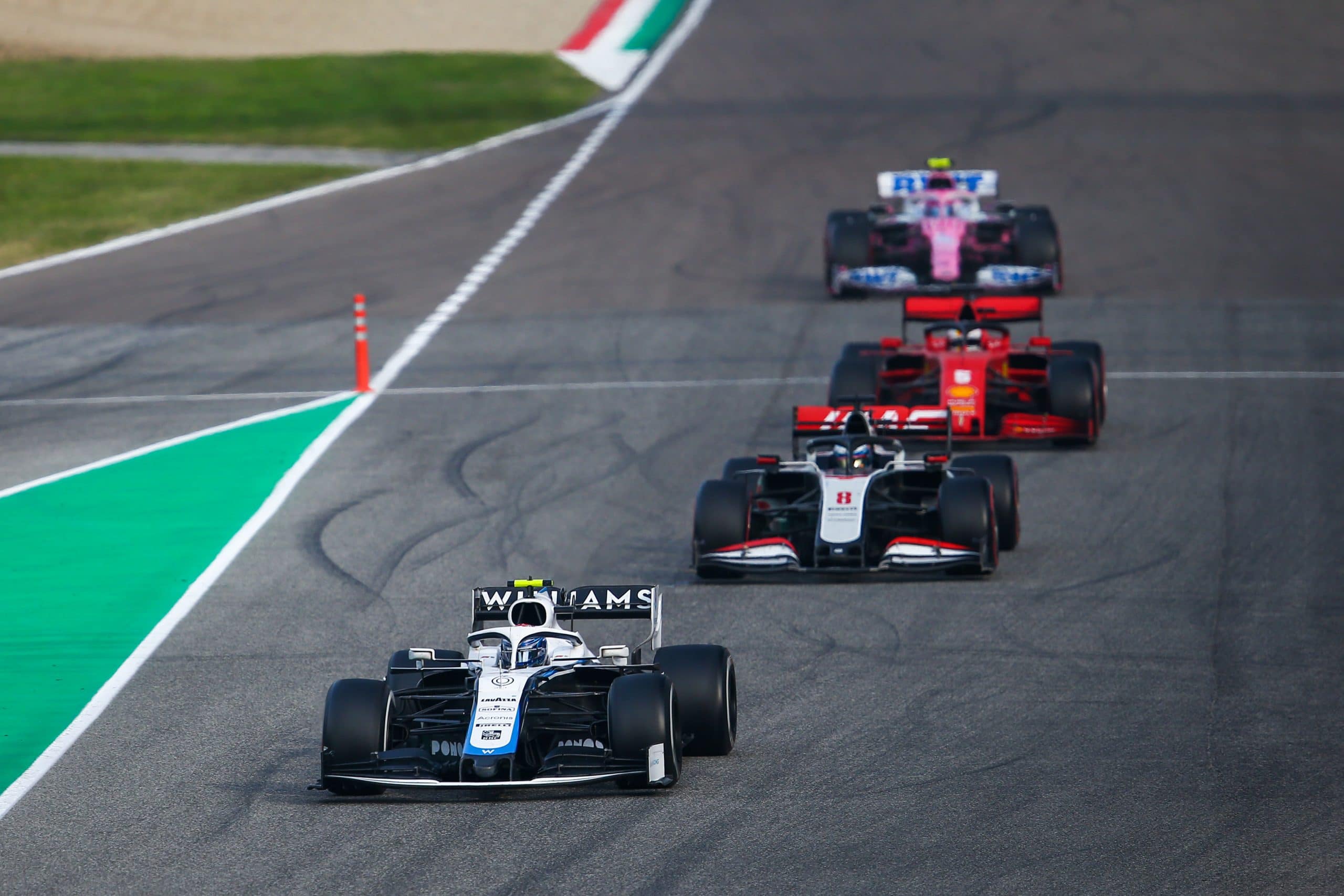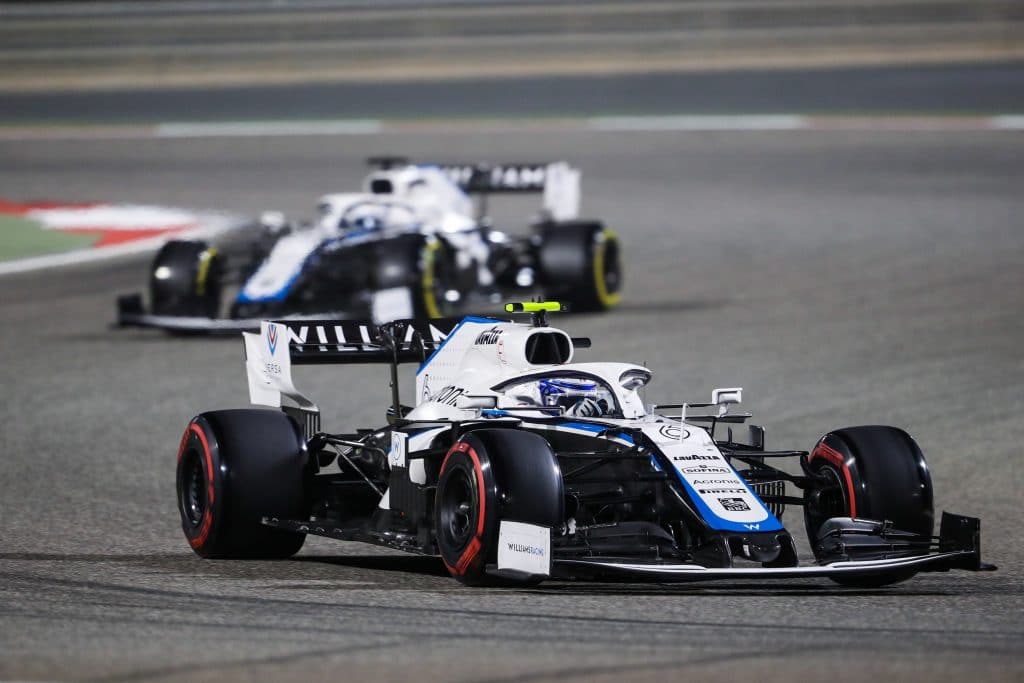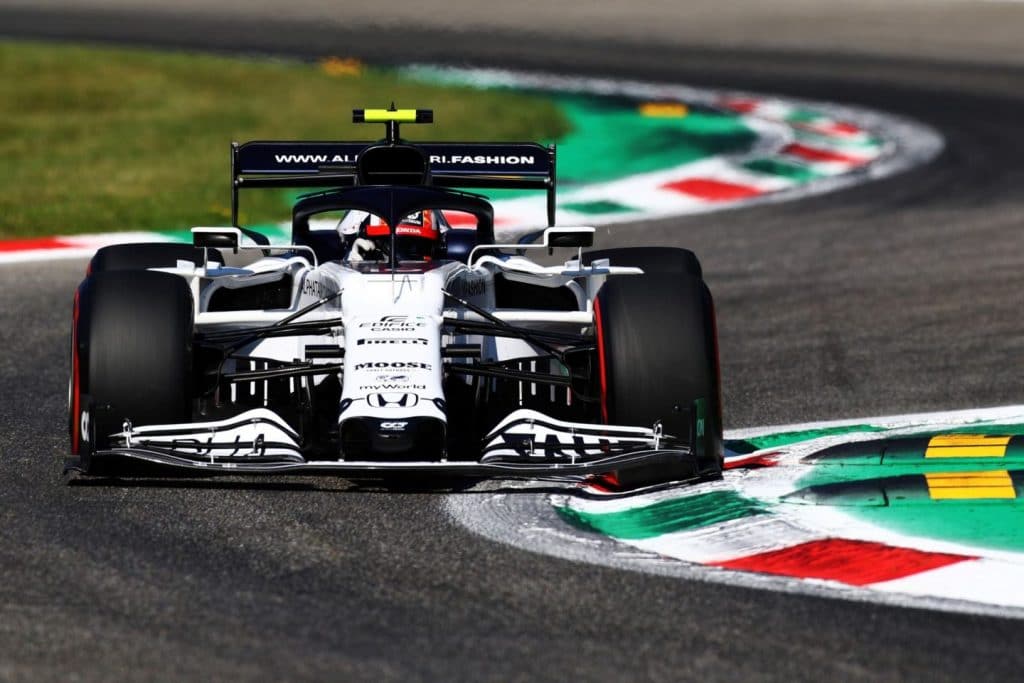
Opinion: Should F1 have sprint races on Saturday?
Formula 1 has stuck with the lone two hour race on Sunday for many years now, but the new President and CEO, Stefano Domenicali, has considered the option of having a sprint event, rather than the reverse grid option that has recently sparked much discussion.
There are a number of pros and cons to contemplate, as well as the fact that there are some fans who religiously defend the current format.
A sprint race in similar formulas is often between 40-60% of the full race distance and usually without pitstops. This could not be the case in F1, however, as the race distance might still be around 30-40 laps.
Formula 2, the supporting category that feeds the main game with drivers like Mick Schumacher and Nikita Mazepin, has featured these sprint races since it’s inception as GP2 in 2005.
The first advantage to consider is the increased amount of racing and, therefore, more opportunity for different drivers to score points.
Personally, if this was to be the case, there is an argument this should come at the expense of one practice session on the Friday (or Saturday morning for the two day events), with qualifying shortly after, and then the sprint race later that afternoon or evening.
This also backs up the one-hour race distance, due to the time restraints regarding the inclusion of the support races, too. A short sprint race would allow the drivers to push, with minimal tyre issues and no holding back.
All cars putting on the soft compound tyre, would allow them to stop once in the sprint race, with each team given two extra soft tyres per weekend.
Reversing of the current championship standings would allow for exciting driving, granting the youngsters a chance to experience being at the front of a grand prix. In addition to this, at circuits such as Monaco, where overtaking always proves problematic, teams like Williams could even aim for a few podiums.
More weight to the sprint race argument is that it would make the contest less predictable and processional, which has been a recurring talking point since the current Hybrid-era.
There might be significant opportunities for operations such as Williams and Haas to finish in the top three as a result of their strong results in the sprint races. There would be another 23 races to think about throughout the season, forcing teams to focus far more on reliability, consistency and tyre conservation, and less about outright performance and qualifying pace.
Again, teams like Williams and Haas, who didn’t have anywhere near the pace of Mercedes and Red Bull, but had the reliability and consistency to continue potentially picking up the odd point when others stumbled, could then maybe score a podium in sprint races.

There are a few more notable pros – the weather, firstly, would be a more sizeable factor due to races on both the Saturday and Sunday, therefore acting as more of an equalizer.
There would also be more of a reason to watch the Saturday action on television, as I am sure there are fans who just tune into the race on Sunday, due to the preconception that qualifying is dull owing to Mercedes’ dominance.
F1 revolves around showcasing the best drivers and teams in the world, and bringing in the concept of a sprint race would make it all the more challenging to maintain a consistent run.
There is also the opportunity to have more interesting races. In Bahrain, Abu Dhabi and Singapore, they could have the events during the day, which would pose a whole new test on the teams and set ups.
In Monza and Spa, they could have a race during the evening, allowing a change in temperatures as the track cools. On other tracks, they could even have the alternate circuit configurations. In France, Bahrain and Abu Dhabi for example, they could use a shorter, faster configuration utilised greatly in 2020.
With the positives also comes the negatives. The biggest one, in my opinion, is cost – running an F1 team is extremely expensive for a season with 23 races, but doubling the races to 46, albeit with half of them shortened, would mean more engines, more parts, totalling a much higher cost.
One way to get round this could be having a set number of sprint races in the season. For example, only having seven sprint events might mean just one extra engine, rather than three or four, thus saving hundreds of thousands of pounds.
Another option would be to cut the practice sessions down to only one session, with the sprint race being be a practice session replacement.

Another issue would be the weekend format. There has to be gaps between sessions to allow for repairs, set up changes and drivers’ rest periods. Bearing that in mind, the new format of three one-hour practice sessions, one one-hour qualifying session and a two-hour race leaves very little time to add a sprint event, thus emphasising the need to replace a practice with a sprint race.
Other issues include the lead up to the Grand Prix races taking time. Track action usually stops between 45 minutes to an hour before the race, and if you add that onto the sprint race, with the down time after, you would be looking at over three hours for the sprint race to be held. I am not sure there would be adequate space in the schedule to hold this on the Saturday, whereas a practice session would only need 20 minutes down time either side of the session.
You also have to look at the excess strain on the drivers – piloting an F1 car, with the G force on their bodies, would mean extra races could push them beyond their limits, especially in places like Singapore coupled with the heat and humidity. Drivers already lose significant amounts of liquids and hydration in the two hour race; if there were to be a race the day before, the potential for a driver to over-excursion is a lot higher.
When considering the possibilities, I think the concept of an F1 sprint race is a good idea, but unfortunately will not work – the costing and force on the driver would be too much.
The early signs show Stefano Domenicali wants to shake things up, and something needs to be done to make F1 more of a contest, with increased overtaking and, most importantly, allowing other teams with smaller budgets, like Williams and AlphaTauri, to contest for silverware regularly.



![Private: [ID: 71rYi-xncgM] Youtube Automatic](https://motorradio-xijqc.projectbeta.co.uk/wp-content/uploads/2024/08/private-id-71ryi-xncgm-youtube-a-1-360x203.jpg)
![Private: [ID: 1SfHxvC8Doo] Youtube Automatic](https://motorradio-xijqc.projectbeta.co.uk/wp-content/uploads/2024/07/private-id-1sfhxvc8doo-youtube-a-1.jpg)
![Private: [ID: H6XRkf6kROQ] Youtube Automatic](https://motorradio-xijqc.projectbeta.co.uk/wp-content/uploads/2024/07/private-id-h6xrkf6kroq-youtube-a-1-360x203.jpg)
![Private: [ID: Kb6w-qAmKls] Youtube Automatic](https://motorradio-xijqc.projectbeta.co.uk/wp-content/uploads/2023/12/private-id-kb6w-qamkls-youtube-a-360x203.jpg)
![Private: [ID: CcpwYw20k3k] Youtube Automatic](https://motorradio-xijqc.projectbeta.co.uk/wp-content/uploads/2024/07/private-id-ccpwyw20k3k-youtube-a-360x203.jpg)

![[ID: x1SiRC5jhW4] Youtube Automatic](https://motorradio-xijqc.projectbeta.co.uk/wp-content/uploads/2022/04/id-x1sirc5jhw4-youtube-automatic-360x203.jpg)
![[ID: lMZ8lAeLubk] Youtube Automatic](https://motorradio-xijqc.projectbeta.co.uk/wp-content/uploads/2022/04/id-lmz8laelubk-youtube-automatic-360x203.jpg)
![[ID: GAYCcnqyFo4] Youtube Automatic](https://motorradio-xijqc.projectbeta.co.uk/wp-content/uploads/2022/04/id-gayccnqyfo4-youtube-automatic-360x203.jpg)
![[ID: Gg142H296QY] Youtube Automatic](https://motorradio-xijqc.projectbeta.co.uk/wp-content/uploads/2022/04/id-gg142h296qy-youtube-automatic-360x203.jpg)
![Private: [ID: 71rYi-xncgM] Youtube Automatic](https://motorradio-xijqc.projectbeta.co.uk/wp-content/uploads/2024/08/private-id-71ryi-xncgm-youtube-a-1-236x133.jpg)
![Private: [ID: H6XRkf6kROQ] Youtube Automatic](https://motorradio-xijqc.projectbeta.co.uk/wp-content/uploads/2024/07/private-id-h6xrkf6kroq-youtube-a-1-236x133.jpg)
![Private: [ID: Kb6w-qAmKls] Youtube Automatic](https://motorradio-xijqc.projectbeta.co.uk/wp-content/uploads/2023/12/private-id-kb6w-qamkls-youtube-a-236x133.jpg)
![Private: [ID: nc-8g6ROCe8] Youtube Automatic](https://motorradio-xijqc.projectbeta.co.uk/wp-content/uploads/2023/11/private-id-nc-8g6roce8-youtube-a-236x133.jpg)
![Private: [ID: wWrhfjOQuIc] Youtube Automatic](https://motorradio-xijqc.projectbeta.co.uk/wp-content/uploads/2023/11/private-id-wwrhfjoquic-youtube-a-236x133.jpg)